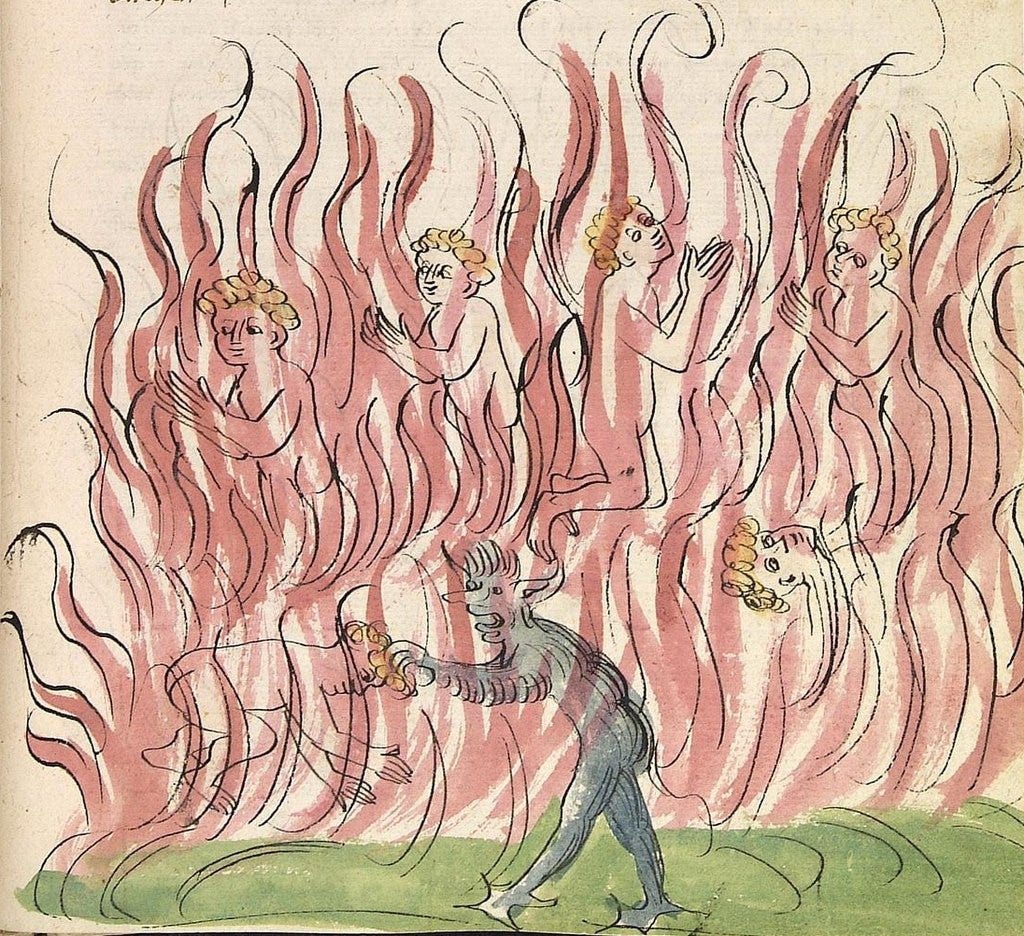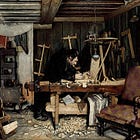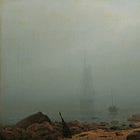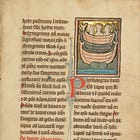The Possession of Truth

Related posts:
I include below an article previously posted as What can understanding do?, but rewritten and enlarged, with material from Orage to leaven that from Jane Heap. It revisits the all-important theme of understanding.
As always, basic familiarity with Fourth Way texts is assumed.
For full citations of abbreviated references, please see Introduction and Bibliography.
In an essay in a theosophical journal that was published in the month before he died, A.R. Orage wrote the following:
. . . between, first, [a] verbal definition and the realisation of its meaning; and, secondly, the realisation of its meaning and its actualisation in being—there may be æons of difference . . . I beg myself as well as my readers not to mistake understanding for attainment; and not to imagine, on the strength of their realisation of certain truths, that they possess them, or, still less, that they can use them. Our being, in which alone truth is possessed, is still a long, long way behind our understanding.1
Perhaps Orage’s formulation here can help shed further light on the well-known formulation in In Search of the Miraculous that “Understanding is the resultant of knowledge and being.”
“Knowledge by itself does not give understanding. Nor is understanding increased by an increase of knowledge alone. Understanding depends upon the relation of knowledge to being. Understanding is the resultant of knowledge and being. And knowledge and being must not diverge too far, otherwise understanding will prove to be far removed from either. At the same time the relation of knowledge to being does not change with a mere growth of knowledge. It changes only when being grows simultaneously with knowledge. In other words, understanding grows only with the growth of being.”2





